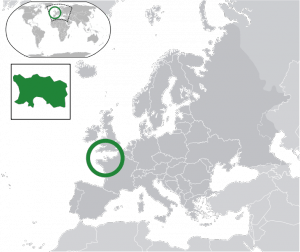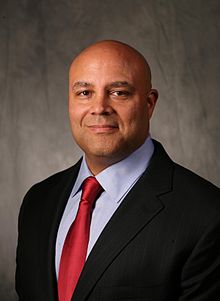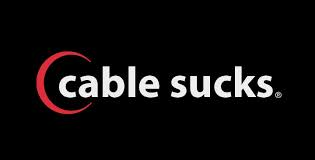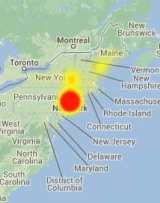 More than 5,000 residents and businesses living on the island Bailiwick of Jersey now have a choice of two Internet Service Providers – both supplying gigabit fiber optic broadband.
More than 5,000 residents and businesses living on the island Bailiwick of Jersey now have a choice of two Internet Service Providers – both supplying gigabit fiber optic broadband.
Jersey Telecom, a government-owned provider, has been removing obsolete copper wiring and replacing it with fiber to the home service that should reach the entire island by 2015. The fiber network is open to all competitors. JT charges £59.99 ($97.25) per month for gigabit speeds, but now caps usage at just 100GB a month. Overlimit fees are around 50c per GB between the hours of 8am-midnight. Usage is unlimited during off-peak hours.
In addition to JT, Jersey customers who live on the remote Channel Island, a British Crown Dependency off the coast of France, can now also choose Sure Jersey, a privately owned ISP that offers unlimited use plans.
The fiber optic network is spreading to other Channel Islands, with significantly populated parts of Guernsey set to receive a fiber upgrade next.
 Using traditional Return On Investment standards, Jersey would barely qualify for basic DSL service. The island has a population of just 100,000 residents, some spread far and wide in remote locations. Basic DSL service was supplied to customers in more densely populated communities, but speeds were often slow and congestion became a major problem, especially at night.
Using traditional Return On Investment standards, Jersey would barely qualify for basic DSL service. The island has a population of just 100,000 residents, some spread far and wide in remote locations. Basic DSL service was supplied to customers in more densely populated communities, but speeds were often slow and congestion became a major problem, especially at night.
The local government determined Jersey’s broadband needs could best be met by upgrading to government-owned infrastructure that private businesses could lease to sell service. Much like public roads benefit private companies that use them to transport goods, JT’s fiber network is designed to help bolster the island’s digital economy.
Since the introduction of gigabit fiber, new digital startups have launched on the island and others have moved their digital businesses to the fiber-enabled island. FeelUnique, launched from Jersey, has now become Europe’s largest online beauty retailer, employing over 150. Other businesses on the island have launched software ventures for the health care and education markets, banking/investment products and services, and 3D printing ventures. Having a wide broadband pipe has helped anchor digital businesses to the island because moving elsewhere leaves many with little better than substandard DSL or an enormous price tag for a customized new fiber build.
[flv width=”640″ height=”380″]http://www.phillipdampier.com/video/JT Fiber Has Arrived 2013.mp4[/flv]
Residents of Jersey talk about how fiber broadband has changed their online experience. (2 minutes)
[flv width=”640″ height=”380″]http://www.phillipdampier.com/video/Digital Jersey Limited – Vision 2014 from Digital Jersey.mp4[/flv]
Digital Jersey released this video showing the group’s vision on how to leverage gigabit fiber broadband to boost the island’s digital economy in 2014. (3 minutes)


 Subscribe
Subscribe


 Cox Communications today officially unveiled broadband speed increases along with free cloud storage without adjusting data plan usage allowances for customers who take advantage of the service enhancements.
Cox Communications today officially unveiled broadband speed increases along with free cloud storage without adjusting data plan usage allowances for customers who take advantage of the service enhancements.

